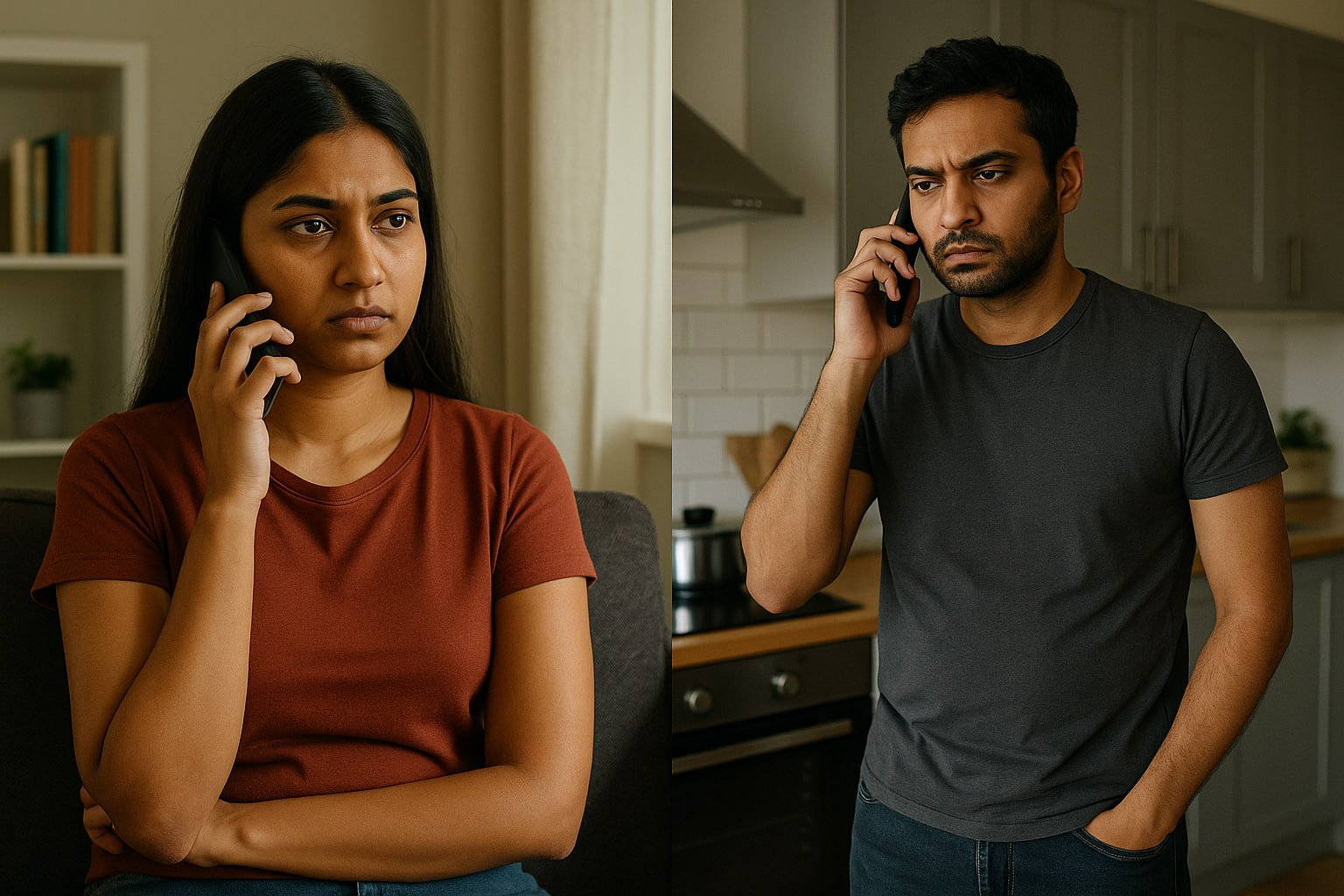Secretly Recorded Telephonic Conversations as Evidence in India

Secretly Recorded Telephonic Conversations as Evidence in India
Vibhor Garg v. Neha — Privacy vs. Fair Trial in Matrimonial Disputes
Background
In a matrimonial dispute, the husband produced a secretly recorded telephonic conversation with his wife to substantiate allegations of cruelty. The core question was: Does admitting such a recording violate marital communication privilege or the constitutional right to privacy?
Key Legal Provisions Considered
1) Section 122, Indian Evidence Act, 1872 — Marital Communication Privilege
Confidential communications between spouses are protected. However, when the litigation is between the spouses themselves (e.g., divorce), the bar does not apply. Hence, the recording could be considered.
2) Article 21, Constitution — Right to Privacy
Privacy is part of the right to life and personal liberty. The Court reiterated that privacy is not absolute and must be balanced against the right to a fair trial, which is also an aspect of Article 21.
3) Family Courts Act, 1984 — Sections 14 & 20
Section 14 permits Family Courts to receive evidence helpful to the case, even if not strictly within Evidence Act rules. Section 20 allows these provisions to prevail over other laws, giving Family Courts flexibility to admit such material.
4) Section 65B, Evidence Act — Electronic Records
Electronic evidence is admissible with proper authentication: the device must be shown to function properly and a 65B certificate must be furnished. In this case, a memory card and transcript were submitted accordingly.
Court’s Key Observations
- Secretly recorded spousal conversations can be relied on in matrimonial proceedings if relevant, reliable, and accurate.
- While privacy is protected, the Section 122 exception applies when spouses litigate against each other.
- Lack of consent in recording does not, by itself, render the material illegal or inadmissible if authenticity standards are met.
- Refusing cogent evidence would undermine the right to a fair trial, particularly in proving cruelty or misconduct.
- The judgment does not encourage spying; it recognizes that secret recording is symptomatic of pre-existing marital strain.
Why This Ruling Matters
For Litigants: It clarifies that electronic recordings—if authentic—may support claims or defences in divorce and cruelty cases.
For Privacy Jurisprudence: It demonstrates how courts balance Article 21 privacy with the right to a fair trial.
For Family Courts: It reaffirms flexible evidentiary powers to serve substantive justice over rigid procedure.
Conclusion
Vibhor Garg v. Neha is a significant waypoint in Indian family law. It acknowledges that privacy is fundamental yet not impermeable, especially where exclusion of reliable electronic evidence would compromise a fair adjudication. As digital interactions increasingly shape marital dynamics, this ruling outlines a path for courts to evaluate authenticity, relevance, and fairness while preserving the integrity of matrimonial justice.

